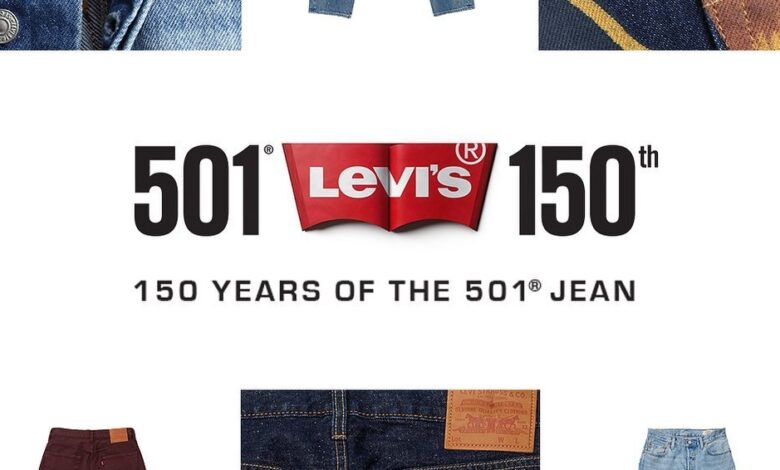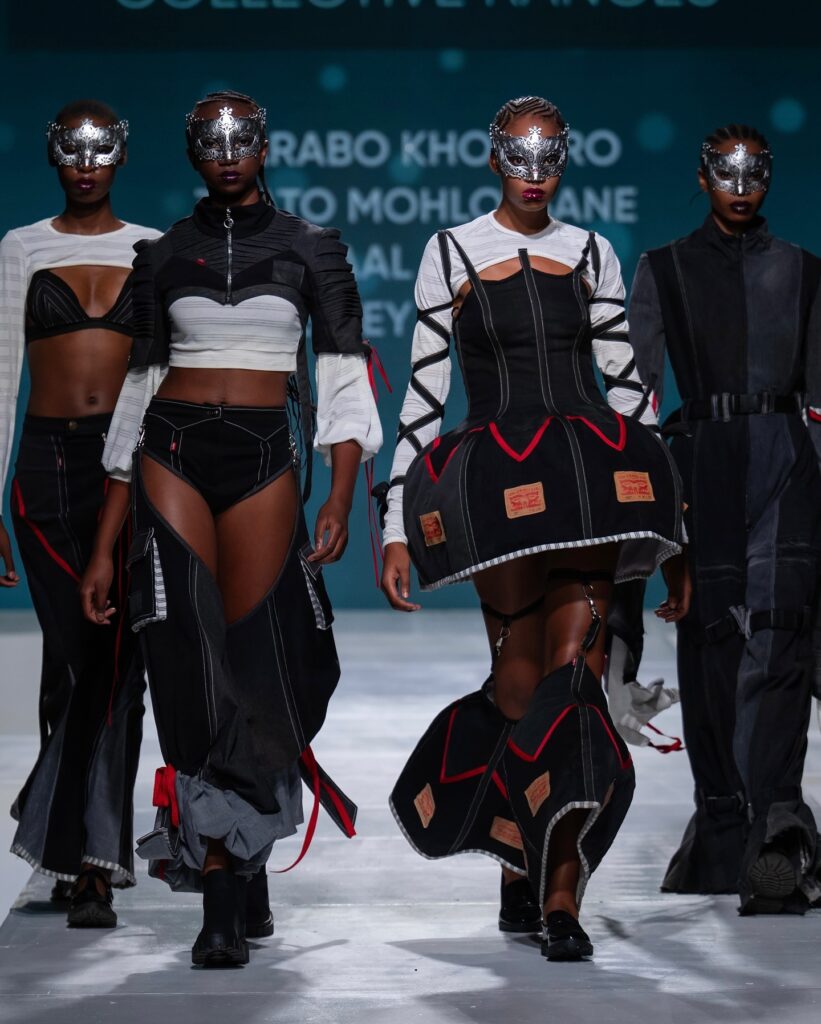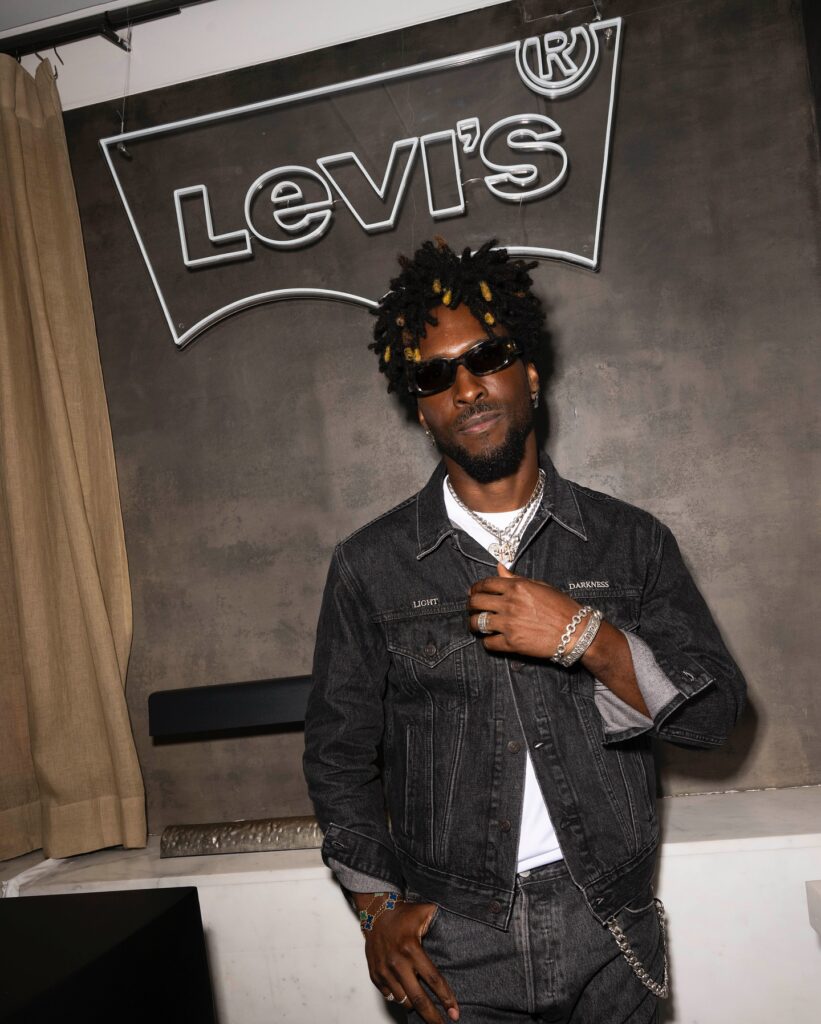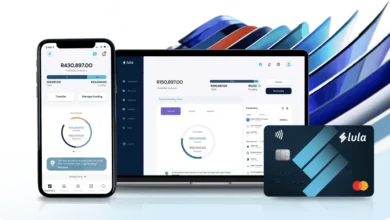From Workwear to Worldwide Icon: How Levi’s Became the King of Jeans

From Workwear to Worldwide Icon: How Levi’s Became the King of Jeans. Levi’s jeans are more than just a fashion staple—they are a cultural icon. From their rugged beginnings as durable workwear for miners to their place on high-fashion runways, Levi’s has cemented its status as the world’s most recognized denim brand. But how did Levi’s transform from a niche product into a global powerhouse? The journey of Levi’s is one of authenticity, strategic marketing, resilience, and innovation.
The Birth of an Icon: A Practical Solution for the Working Class
The story of Levi’s begins in 1873, when Levi Strauss, a German immigrant in San Francisco, partnered with tailor Jacob Davis to create the first-ever pair of riveted denim jeans. These jeans were originally designed for miners and laborers who needed tough, long-lasting workwear. The reinforced rivets and durable fabric set Levi’s apart from ordinary trousers, establishing the brand’s early reputation for quality and reliability.
Lesson for Entrepreneurs: Identify a real-world problem and create a solution that offers superior quality and long-term value.

Branding and Cultural Influence: From Cowboys to Counterculture
While Levi’s started as workwear, it quickly became a symbol of American culture. During the mid-20th century, Hollywood westerns popularized denim, making Levi’s jeans synonymous with rugged masculinity. Cowboys, bikers, and rebels like James Dean and Marlon Brando wore Levi’s, reinforcing the brand’s cool, rebellious image.
By the 1960s and 70s, Levi’s had evolved beyond workwear and Hollywood. The counterculture movement embraced Levi’s as a symbol of freedom and nonconformity. Rockstars, activists, and youth movements made Levi’s jeans the uniform of change, cementing their place in pop culture.
Lesson for Entrepreneurs: A brand’s power lies in its ability to adapt and resonate with evolving cultural narratives.
Navigating Challenges: Competition and Changing Fashion Trends
Levi’s dominance in the denim industry wasn’t always smooth sailing. By the 1980s and 90s, competition from designer denim brands and fast fashion retailers posed a threat. Consumers sought variety, and Levi’s faced declining sales as brands like Calvin Klein, Guess, and Diesel took over the premium denim space.
In response, Levi’s focused on innovation. The brand introduced new fits, washes, and styles, catering to different fashion trends while staying true to its classic roots. The launch of the Levi’s 501 CT (Customized and Tapered) modernized the original 501 for a new generation, blending heritage with contemporary appeal.
Lesson for Entrepreneurs: Markets evolve, and brands must innovate to stay relevant. Balancing tradition with modernization is key.

Global Expansion and Strategic Partnerships
Levi’s leveraged globalization to reach new markets, expanding across Europe, Asia, and beyond. Collaborations with designers, artists, and pop culture figures helped Levi’s maintain its cool factor. Limited-edition releases and capsule collections with brands like Supreme, Nike, and Off-White have kept Levi’s at the forefront of streetwear fashion.
Lesson for Entrepreneurs: Strategic partnerships can breathe new life into a legacy brand, attracting younger audiences while reinforcing brand credibility.
Sustainability and the Future of Levi’s
As consumers become more environmentally conscious, Levi’s has adapted by incorporating sustainability into its business model. Initiatives like Water<Less technology, which reduces water usage in denim production, and the use of recycled materials have strengthened Levi’s reputation as a forward-thinking brand.
Lesson for Entrepreneurs: Sustainability isn’t just good for the planet—it’s good for business. Consumers are more likely to support brands that prioritize ethical and eco-friendly practices.
Final Takeaways: What Entrepreneurs Can Learn from Levi’s
Levi’s success story offers invaluable insights for entrepreneurs looking to build enduring brands:
- Solve a real problem. Levi’s started as a durable solution for laborers—functionality builds strong brand foundations.
- Adapt to cultural shifts. From Hollywood cowboys to rockstars and streetwear collaborations, Levi’s remained relevant by aligning with cultural trends.
- Embrace innovation. Reinventing classic products for new generations keeps legacy brands alive.
- Expand strategically. Entering new markets and forming the right partnerships can open doors to long-term success.
- Prioritize sustainability. Forward-thinking brands stay ahead by investing in eco-friendly initiatives.

Levi’s has mastered the art of reinvention while staying true to its roots. Its journey from workwear to fashion icon proves that a strong brand identity, coupled with adaptability and innovation, is the key to long-term success. Entrepreneurs aiming to build impactful, enduring businesses can take inspiration from Levi’s playbook—because in business, just like in denim, quality and authenticity never go out of style.




